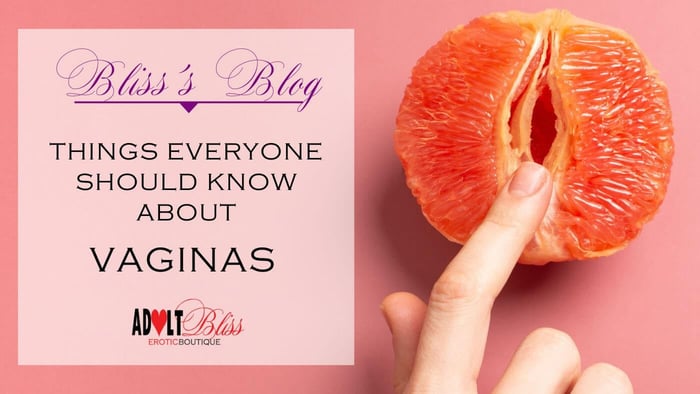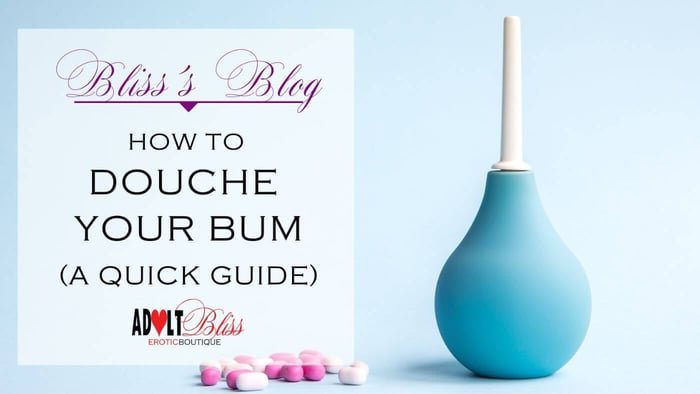
Why Do I Cry When I Orgasm?
Sometimes I cry when I orgasm, not because I am depressed (though sometimes I am), not because of previous sexual experiences (those thoughts do happen), but because after some, huge and intense orgasms I feel so overwhelmed my response is to curl into a ball and cry.
Despite there being a logical, and biological answer about why this happens, obviously, led to my partner feeling confused, distressed, low key proud, it was a confusing time for both of us. Do I hate sex? Is my partner too rough with me? No, and no, the answer to this question is not so simple.

I haven’t always cried during or after orgasm, and it doesn’t happen every time either. There is no rhyme or reason as to when it occurs, one moment I’m experiencing the peak and the next moment everything becomes overwhelming and tear soaked.
There are times I have laughed and cried and truly enjoyed the experience, other times I’ve felt overwhelming sadness and a need for comfort.
Every time has been a different rush of emotions, and it can be confusing for both my partner and I. It can be hard to describe the experience, explaining how or why you’re crying after such a pleasurable activity, but it is important to try and communicate about what happened, because our sexual partners are not mind readers. Please keep in mind this is only my experience and does not represent other people’s view or personal stories of crying after orgasm.
Known as Crymaxing, Crygasming, Postcoital Dysphoria, Postcoital Tristesse and Post-sex Blues. This can happen due to the sudden rush of hormones; a person’s mental state post orgasm; or due to feelings around sexual dysfunction, and it is not uncommon. A 2015 study on Post-Coital Dysphoria for the International Society for Sexual Medicine states that 46% of women experience post-coital crying or depression at least once in their life.
Almost half of the female population have or will cry after orgasm at some point, so I know I’m not alone here. The study itself states this are is under researched, but it did make me ask the women I knew if they had experienced this phenomenon and whilst not all of them had experienced “Crygasm”, a surprising number had their own stories to tell.

Because oxytocin and dopamine are released during orgasm, hormones that promote bonding between partners, this can cause a strong release of other emotions, bringing on the tears, though there can be many causes. For me the experience varies from sadness to joy, tears of sorrow to tears of ecstasy, really it depends on my mental state in that moment, if I have been repressing a lot of emotion then it can be dislodged by a surprisingly strong climax.
Bursting into tears mid orgasm is bound to raise some questions, no matter how stoic your partner might be. Now that we’ve covered the multiple reasons that it can happen it is easier to understand how to manage the experience together. Communication and trying to understand each other’s experience is important to move beyond the initial shock.
Crying doesn’t mean the orgasm or sex was bad, rather it could have been overwhelmingly good – too good you might say.
Feeling affected by emotions from an orgasm can be a positive and bonding experience for everyone involved, as long as everyone involved understands what is happening and has an opportunity to feel heard and supported about their emotions. Some partners won’t be able to understand at first, sex is a primal, personal experience for many people, and it is something that many people did not grow up speaking openly about.

Is crying during/after orgasm a deal breaker for your relationship? I don’t believe it should be, some people may feel differently, we are all allowed to express ourselves respectfully. Sex is messy, unpredictable, physical and emotional, we should embrace it in all of its consensual stages, no matter how that looks.







